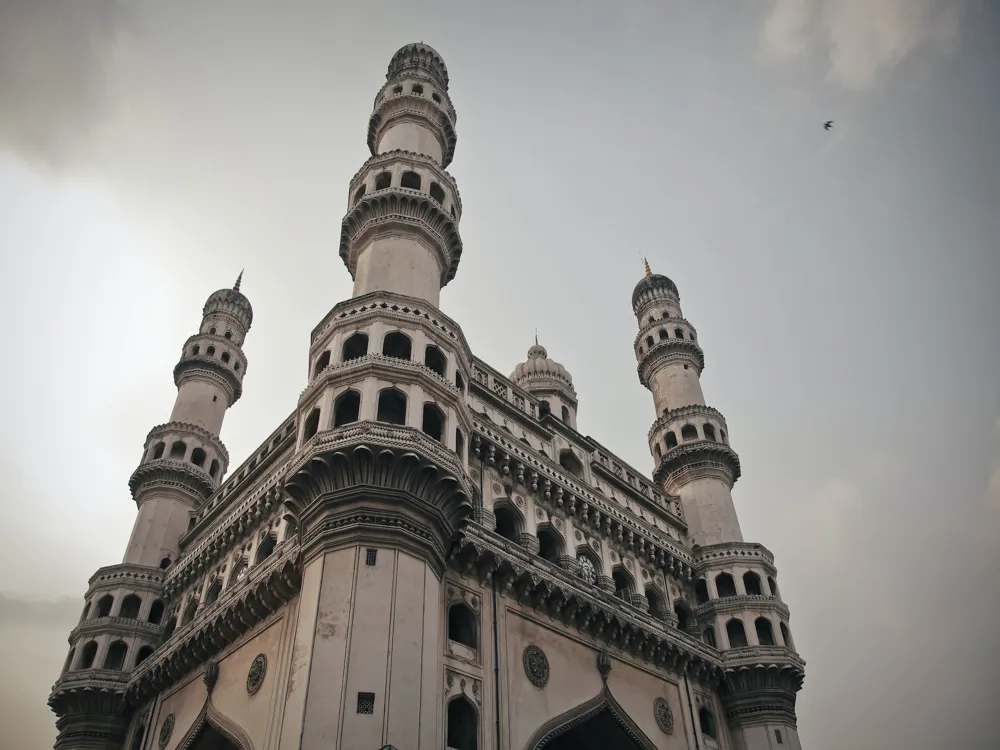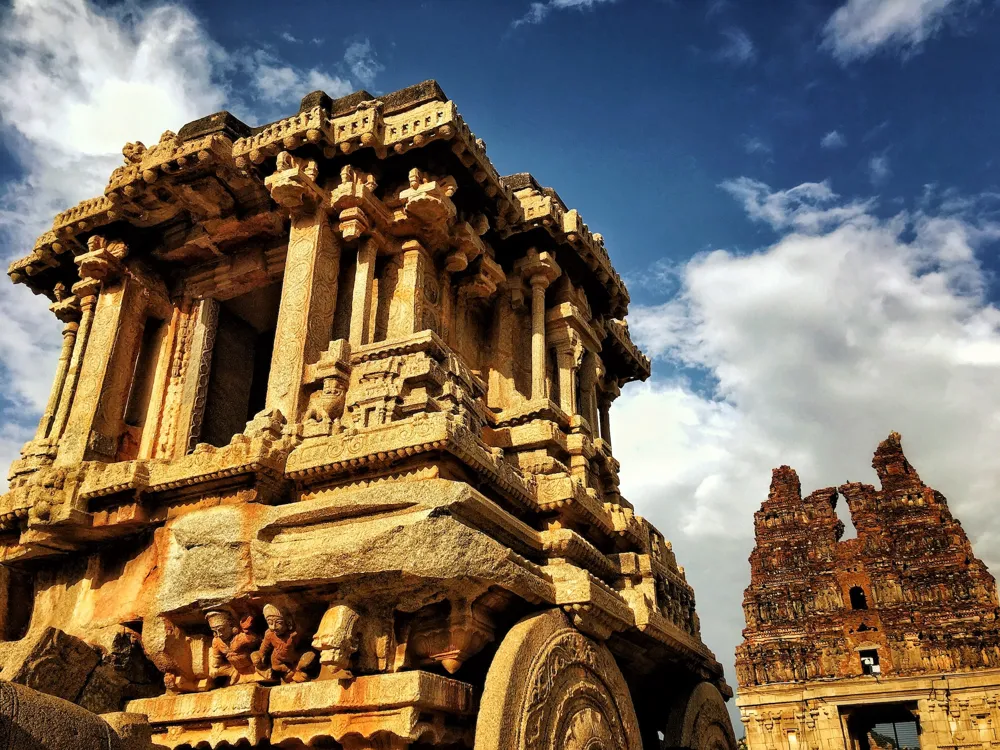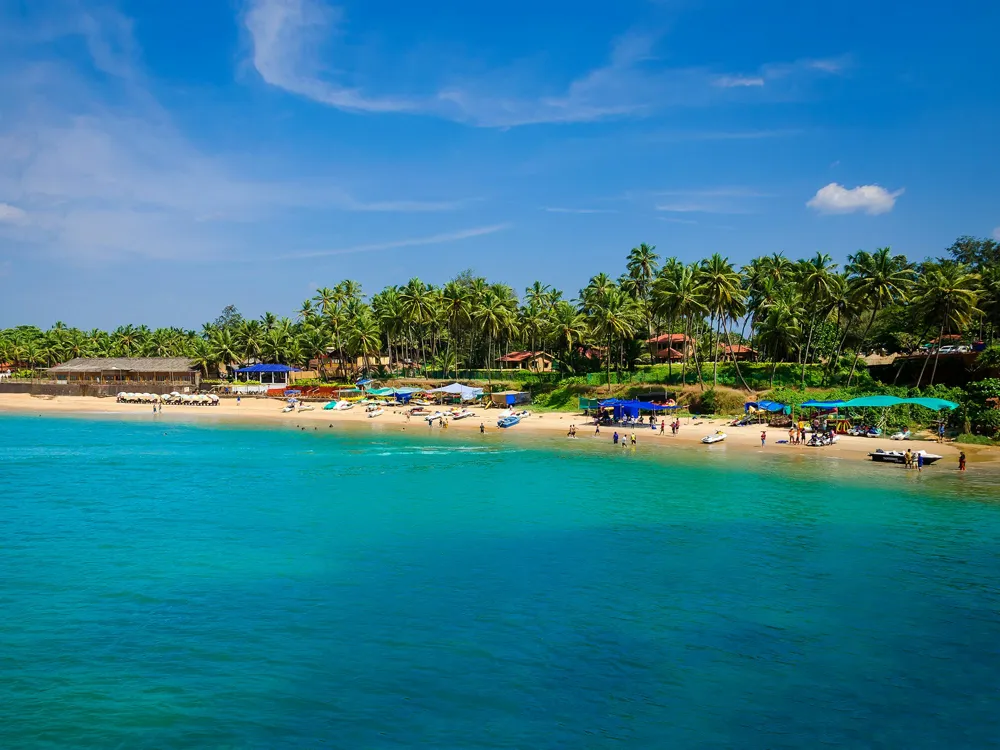Adilabad, a vibrant city in the northern region of Telangana, India, is known for its rich cultural heritage and picturesque landscapes. This city, named after the ruler of Bijapur, Ali Adil Shah, has a history that dates back to the 16th century. It's a melting pot of various cultures and traditions, influenced significantly by the reigns of the Mughals and the Nizams. Adilabad is not only a testament to its glorious past but also a city that embraces modernity. The city's geography is a tapestry of lush greenery, encompassing dense forests, rivers, and waterfalls, making it a haven for nature lovers and adventure enthusiasts. It is home to the famous Kuntala and Pochera Waterfalls, which are a sight to behold during the monsoon season. The dense forests of Adilabad, part of the Deccan plateau, are rich in biodiversity and are home to various wildlife species, including the endangered Bengal tiger. Adilabad's economy thrives on agriculture, with cotton being the predominant crop. The city has seen significant growth in industries and handloom sectors, contributing to its economic development. The tribal crafts, particularly the Nirmal and Dhokra art, showcase the artistic brilliance of the local artisans and are a major attraction for tourists. The cultural fabric of Adilabad is woven with colorful festivals and traditions. The tribal communities of Gonds, Kolams, and Pardhans add to the city's cultural diversity. Their traditional dances, music, and art forms are integral to the cultural identity of Adilabad. Festivals like Nagoba Jatara and Dandari dance are celebrated with great fervor, depicting the rich tribal heritage of the region. Adilabad's cuisine is a delightful blend of traditional Telangana flavors and tribal culinary secrets. Dishes like Jonna Rotte (Sorghum bread), Sarva Pindi, and Biryani are popular among locals and tourists alike. The city's street food, offering a variety of savory snacks, is a must-try for any food enthusiast. Adilabad's architecture is a confluence of various historical influences, reflecting the city's rich past. The architectural style of Adilabad is predominantly influenced by Islamic and Deccan Sultanate designs, interspersed with modern elements. This blend of old and new can be seen in the city's temples, mosques, and other historical structures. One of the architectural marvels of Adilabad is the Basar Saraswathi Temple, an ancient temple dedicated to Goddess Saraswathi. The temple, nestled on the banks of the River Godavari, is built in the Chalukyan architectural style. It is known for its intricate carvings and detailed sculptures, which depict various Hindu deities and mythological scenes. The Kuntala Waterfall, though a natural structure, complements the architectural beauty of the region. The waterfall creates a magnificent backdrop, perfect for nature photography, and is often used as a location for film shootings. Another significant architectural landmark is the Jainath Temple, an ancient Jain temple known for its exquisite carvings and sculptures. The temple's design is a testament to the Jain architectural influence in the region, with its intricate pillars and detailed work on the ceilings. Modern architecture in Adilabad is a reflection of its growth and development. The new buildings, including educational institutions, shopping complexes, and administrative buildings, showcase contemporary design while still respecting the traditional architectural ethos of the region. The ideal time to visit Adilabad is from October to March when the weather is pleasant, making it perfect for sightseeing and outdoor activities. When packing for Adilabad, include light cotton clothing, a good pair of walking shoes, a hat, sunscreen, and a camera to capture the scenic beauty. Adilabad is well-connected through local buses, auto-rickshaws, and taxis. For a more immersive experience, consider hiring a local guide. Respect the local customs and traditions. Dress modestly when visiting religious sites and be mindful of the cultural sensitivities of the local communities. Adilabad is accessible by various modes of transportation. The nearest airport is at Hyderabad, approximately 280 kilometers away. Regular bus services connect Adilabad with major cities in Telangana and neighboring states. The city also has a railway station, Adilabad Railway Station, which is well-connected to different parts of India. For those preferring to drive, Adilabad is well-connected by road, with National Highway 44 passing through the city. Read More:Overview of Adilabad, Telangana
Architecture of Adilabad
Tips When Visiting Adilabad
Best Time to Visit
Packing Essentials
Local Transportation
Respecting Local Culture
How To Reach Adilabad
Gayatri Waterfalls
Adilabad
Telangana
NaN onwards
View adilabad Packages
Weather :
Tags : Waterfall
Timings : 24 Hours
Time Required : 1 Hour
Entry Fee : No Entry Fee
Planning a Trip? Ask Your Question
Adilabad Travel Packages
View All Packages For Adilabad
Top Hotel Collections for Adilabad

Private Pool

Luxury Hotels

5-Star Hotels

Pet Friendly
Top Hotels Near Adilabad
Other Top Ranking Places In Adilabad
View All Places To Visit In adilabad
View adilabad Packages
Weather :
Tags : Waterfall
Timings : 24 Hours
Time Required : 1 Hour
Entry Fee : No Entry Fee
Planning a Trip? Ask Your Question
Adilabad Travel Packages
View All Packages For Adilabad
Top Hotel Collections for Adilabad

Private Pool

Luxury Hotels

5-Star Hotels

Pet Friendly






















